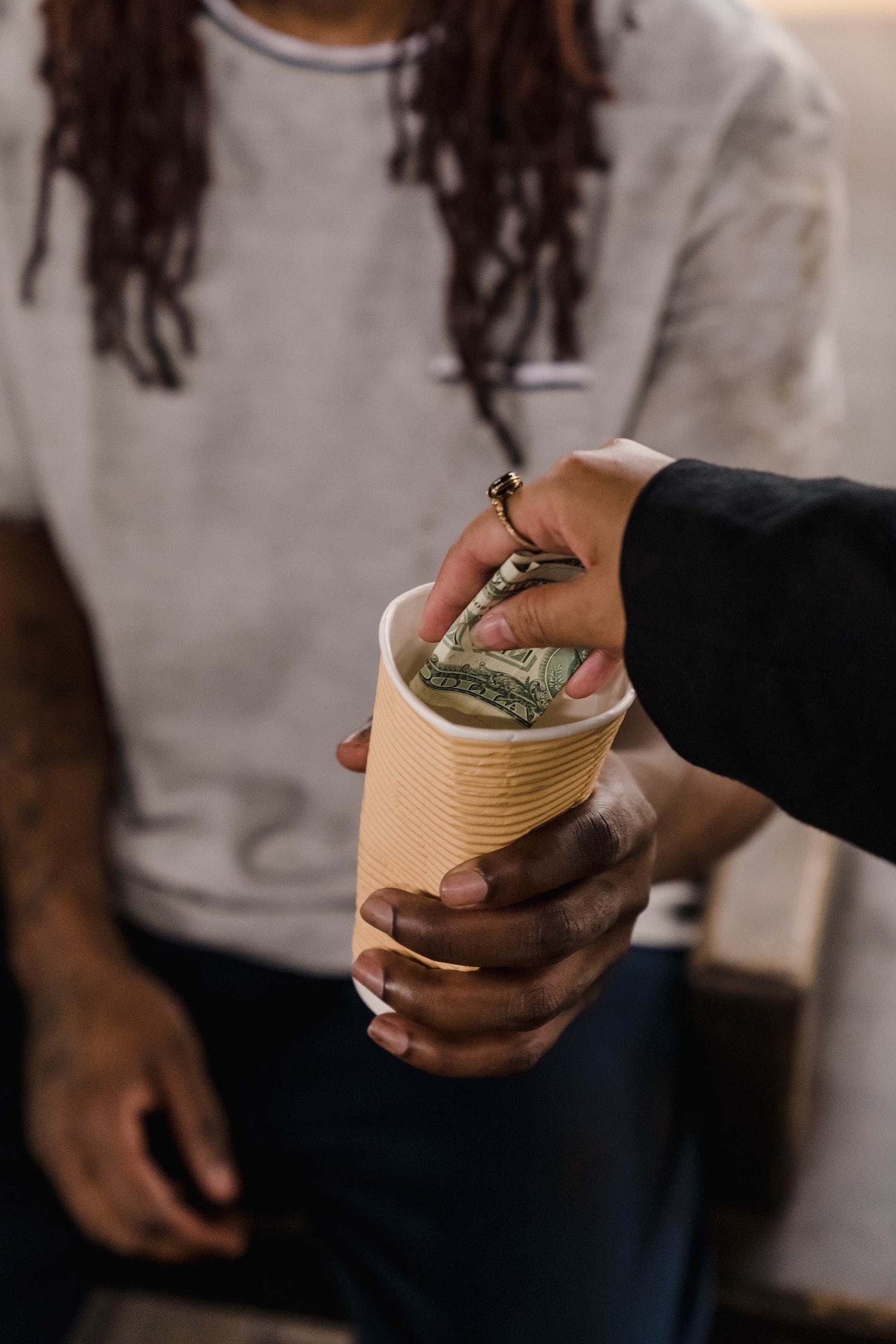photo credit: Timur Weber, pexels.com
I arrive at the plains on the bluff, overlooking the river. I smile as I reach Eagle Man Guide and feel a strong kinship with him. His stalwart support is so meaningful to me. I express my gratitude and we embrace; we proceed into the tree and down into the underworld.
As we emerge into the darkened forest and in the distance I see a campfire. Around the campfire are Hecate, Sitri, Bambi, Thumper and Flower. My guides. We approach the campfire and we sit down on a rock, which is hard and transforms into a log. We are in a circle around the fire. Hecate is telling a story, which we’ve walked into the middle of her telling.
There is a prince who has fallen from grace.
I ask “What caused his fall?”
Hecate replies, “It was arrogance. But he was also poisoned. Poisoned with the belief that he was somehow better than all those around him.”
I cock my head to the side, remarking “But he’s a prince!”
“Yes,” Hecate replies, “but in today’s time, in the culture we are moving towards, that we are co-creating, the sense of superiority indicates the decline and fall of man. Whether it be royalty or a beggar on the street, there is an equality of human value that is emerging or pushing through.”
A new question leaps to mind, “What about hierarchy or sacred order, how do we recognize it? Or establish it?”
Hecate continues to describe the prince’s journey. It’s a new take on the hero’s archetypal journey.
Once the prince has fallen, he finds himself in the streets of a city. A common beggar, without means or his normal, entitled ways of providing for himself. He must rely upon the goodness of the people around him. He turns bitter, knowing that he is destined for greater things. His impoverishment is unjust and unfair. As he sits on the dirty sidewalk, his back against a building with his cup at his side, he doesn’t know what else to do.
A beautiful woman appears and puts a few coins in his cup. She provides him a small smile and nods her head in acknowledgement. Then she drifts off. Day after day, this ritual is repeated, with this beautiful woman returning and putting a few coins in his cup.
One day, instead of spending the coins on ale or food, as he sleeps rough on the streets, he decides to keep some of the coins. He starts to build a “savings account” in a small pouch upon his body.
The ritual continues day after day. The beautiful woman shares a few coins, a small smile and nods in acknowledgement. One day, he works up the courage to ask for her name.
“Susanna,” she says, as she hurries on her way.
The man continues to build up and save her/his money. Finally, he has a little bit he can invest. He wonders about where to invest it. He thinks on this, but doesn’t know where to go. As a prince, he had people who helped with those types of things, although he’d never given them a second thought.
He locates a prestigious looking investment house, and decides to try. He enters the building and holds out his handful of coins that he has saved. The investment banker scoffs at his meager offering and throws him out. He’s a vagrant in their eyes, no longer a prince.
He sits on this for a couple of days, repeating the ritual with Susanna. He works up his courage to try again. He tries a different, more modest looking investment house. Inside, he finds Susanna.
Susanna agrees to help him and they begin with a small investment in a new low-income housing development. There are many other small investors. Part of the requirement of investing in this venture is that he must also give his time. Susanna makes it clear that if he invests his coins in this endeavor, he must also invest part of himself in building the homes.
As the crew of investors assembles, they become tradesmen. Each of them is making a small investment of coins and part of themselves in building these homes. A small housing development is built — a village, if you will. There is a square in the middle, a community space. It was constructed by their collective contributions of time and treasure.
Finally, it’s opening day. They wonder who will now be housed in this small village they’ve built. Susanna surprises them by saying “You have built your own community. You can live here. This is how we take care of one another.”
The men puff up with pride at having built something together. They’ve also formed deep relationships in the process of building. They move their things in, no longer beggars on the street. It turns out that Susanna has been sprinkling coins in the cups of many men on the street.
As the story comes to an end, I look at Hecate and ask, where are the women? How is this helpful between now and March? She laughs at my question.
“Until men find a home, and something to be proud of, they will make war. They will be disgruntled and they will harm others.” she responds.
I thank Hecate for her wisdom, Eagle Man Guide nods to me as we rise. And I am returned.

